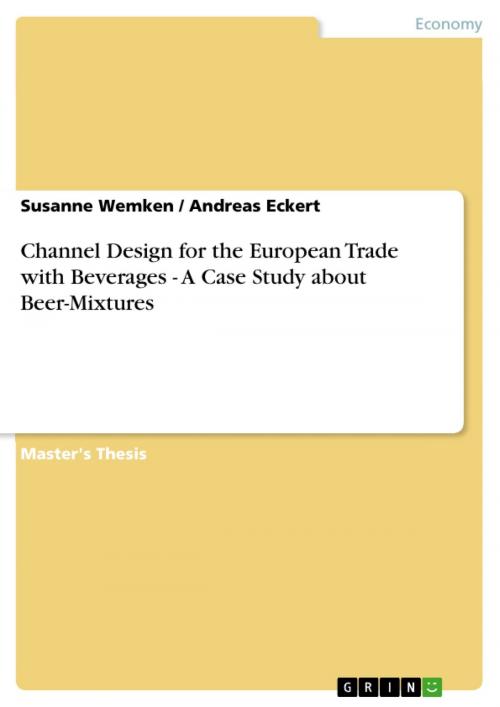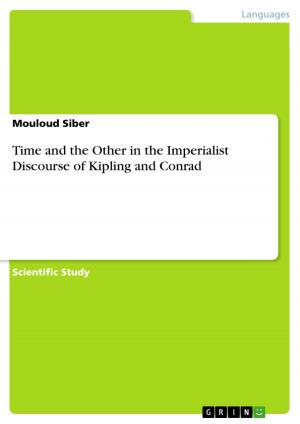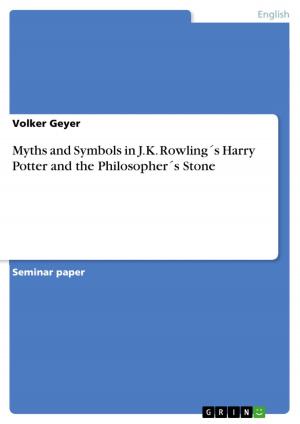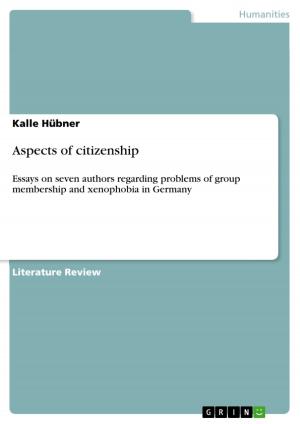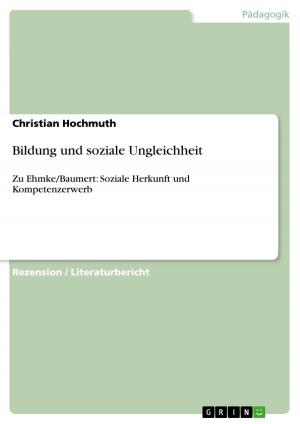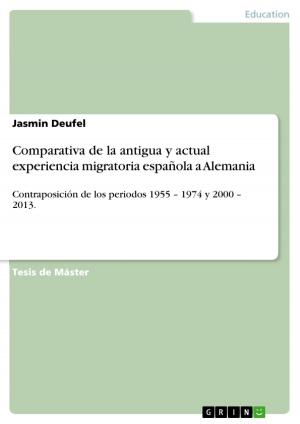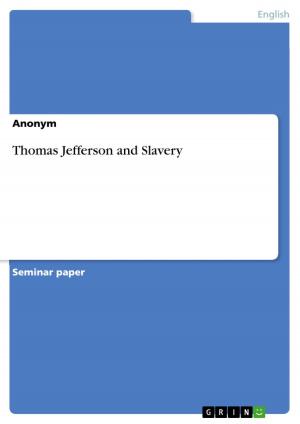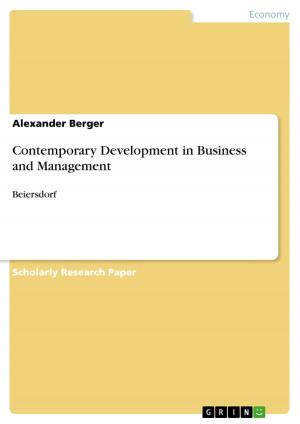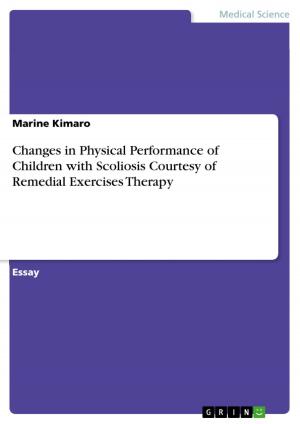Channel Design for the European Trade with Beverages - A Case Study about Beer-Mixtures
A Case Study about Beer-Mixtures
Business & Finance, Management & Leadership, Production & Operations Management| Author: | Susanne Wemken, Andreas Eckert | ISBN: | 9783638431781 |
| Publisher: | GRIN Publishing | Publication: | October 25, 2005 |
| Imprint: | GRIN Publishing | Language: | English |
| Author: | Susanne Wemken, Andreas Eckert |
| ISBN: | 9783638431781 |
| Publisher: | GRIN Publishing |
| Publication: | October 25, 2005 |
| Imprint: | GRIN Publishing |
| Language: | English |
Master's Thesis from the year 2004 in the subject Business economics - Supply, Production, Logistics, grade: 1,7, Växjö University (School of Management and Economics), course: Master Programme of Logistics Management, 104 entries in the bibliography, language: English, abstract: The thesis on hand is dealing with the rather specific issue of the export business of the German brewery Herforder, which considers to market its product branch 'beer-mixtures' in Sweden. Within the thesis, there are presented three possible distribution channel designs, consisting for example of the manufacturer, can-supplier, contract-bottlers, importers and transportation companies. Each channel opportunity is described and the reasons that influence the decision for or against one particular channel are explained. Furthermore, the theoretical background is given, which exemplifies why companies start to consider internationalisation and how they can cope with the related challenges. The exporting issue is observed from a theoretical point of view and supplemented with much information concerning relationships within distribution channels. Two aspects which are very important for international trade are also investigated theoretically. Firstly there is the production aspects of beverages respectively beer and beermixtures including requirements for packaging and the production process itself. And secondly there is the transportation aspect including some information about IT systems. With respect to the target market Herforder aims at, there is one special chapter about the Swedish market, its constraints and its peculiarities in connection with alcohol import. Moreover, the high-sophisticated return system for beverage repositories in Sweden is discussed in this context. In the empiricism potential companies that are suitable to make up the export distribution channel Herforder desires are presented in detail. The empirical part finalises with the setting up of three distribution channels which are determined through the location of bottling facilities.
Master's Thesis from the year 2004 in the subject Business economics - Supply, Production, Logistics, grade: 1,7, Växjö University (School of Management and Economics), course: Master Programme of Logistics Management, 104 entries in the bibliography, language: English, abstract: The thesis on hand is dealing with the rather specific issue of the export business of the German brewery Herforder, which considers to market its product branch 'beer-mixtures' in Sweden. Within the thesis, there are presented three possible distribution channel designs, consisting for example of the manufacturer, can-supplier, contract-bottlers, importers and transportation companies. Each channel opportunity is described and the reasons that influence the decision for or against one particular channel are explained. Furthermore, the theoretical background is given, which exemplifies why companies start to consider internationalisation and how they can cope with the related challenges. The exporting issue is observed from a theoretical point of view and supplemented with much information concerning relationships within distribution channels. Two aspects which are very important for international trade are also investigated theoretically. Firstly there is the production aspects of beverages respectively beer and beermixtures including requirements for packaging and the production process itself. And secondly there is the transportation aspect including some information about IT systems. With respect to the target market Herforder aims at, there is one special chapter about the Swedish market, its constraints and its peculiarities in connection with alcohol import. Moreover, the high-sophisticated return system for beverage repositories in Sweden is discussed in this context. In the empiricism potential companies that are suitable to make up the export distribution channel Herforder desires are presented in detail. The empirical part finalises with the setting up of three distribution channels which are determined through the location of bottling facilities.
